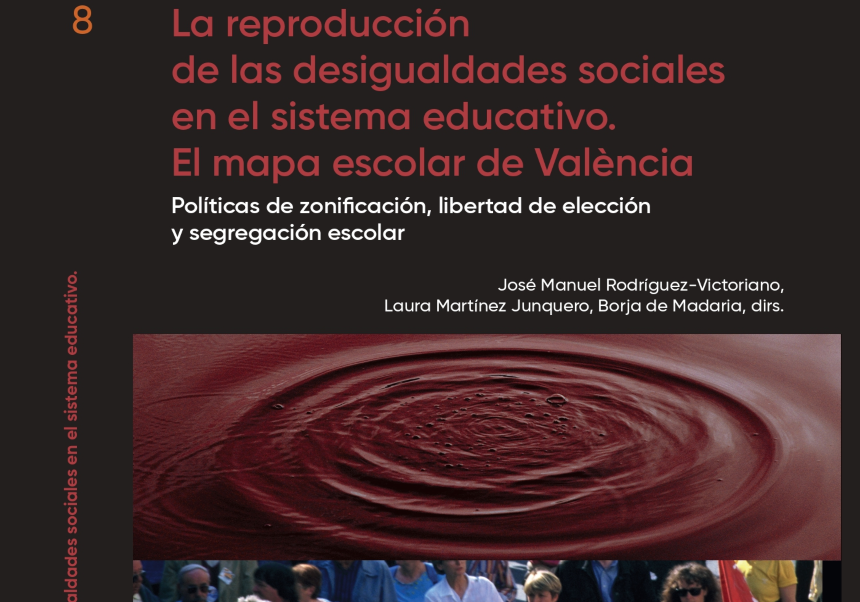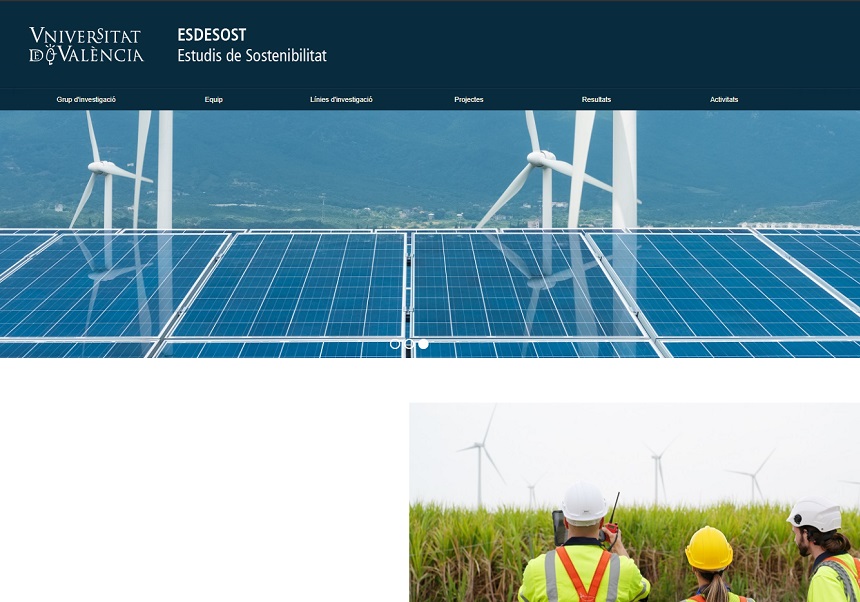
Lines of research
- Sustainability in formal and unregulated education. For many years, the need for education to pay attention to preparing citizens to be able to face the situation of real planetary emergency that we are currently undergoing has been stressed in different fields.
- Transitions to a post-carbon society. The basic concept of this research line is that the transition to a 'post-carbon' society will not take place through more energy efficiency or changes in government policies alone, but requires profound transformations in lifestyles and consumption patterns.
- Introducing sustainability in university teaching. Curricular sustainability does not only imply including environmental contents in the syllabus of the different subjects, but also involves another series of more global changes in the conception of the educational process.
- Science, democracy and citizens’ participation. The democratisation of scientific knowledge is a crucial instrument in processes aimed at ensuring sustainability. Universities and public research institutes are key elements in this regard.
- Ecosystem services assessment and global change. Ecosystem services, the direct or indirect contribution of ecosystems to human well-being, lie precisely at the interface between the biophysical and social domains.







